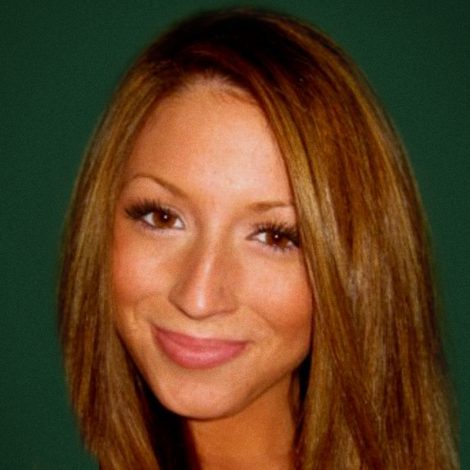Course Requirements, Faculty, and Learning Objectives
Psychology
- Knowledge base in Psychology;
- Scientific inquiry and critical thinking;
- Ethical and social responsibility in a diverse world;
- Communication;
- Professional development.
Candidates in professional education programs at The College of Saint Rose will:
- Acquire and apply the knowledge, skills and dispositions of disciplines relevant to candidates’ projected educational or clinical roles.
- Apply principles and theories of lifespan human development and learning in all of its diversity to education, service learning and clinical practice, and demonstrate a capacity and disposition to continuously update that knowledge and, therefore, practice according to the best emerging research in the field.
- Plan and implement practice that is rigorous, comprehensive, inclusive, creative and motivating, inviting students’ analytical skills and promoting their dispositions to be lifelong learners.
- Ensure that evaluation and decision-making are data-driven, multi-faceted, collaborative and recursive, and align instructional/clinical goals, practice, assessments, and standards.
- Develop and demonstrate personal and professional values that foster the highest ethical standards of the profession; intellectual curiosity and open-mindedness; understanding and responsiveness to multiple social and global perspectives; and collegiality and collaboration among partners in the educational or clinical process that involve children, families, community members, and other professionals.
- Promote optimal learning opportunities and environments for all individuals in the context of their experiential, cultural, and/or racial/ethnic backgrounds, including, but not limited to learners who are speakers of non-English languages, or who are gifted, have disabilities, are educationally challenged or who have different interests, ambitions or sexual orientations.
- Demonstrate in their practice that oral and written language is a functional, as well as social and artistic tool, for communication and thought, and as such reflect the multiple literacies of local, national and global cultures.
- Integrate a variety of technological methods and programs to enhance pupil learning and practitioner effectiveness, facilitate candidates’ acquisition of technological skills, and their dispositions to use them.



